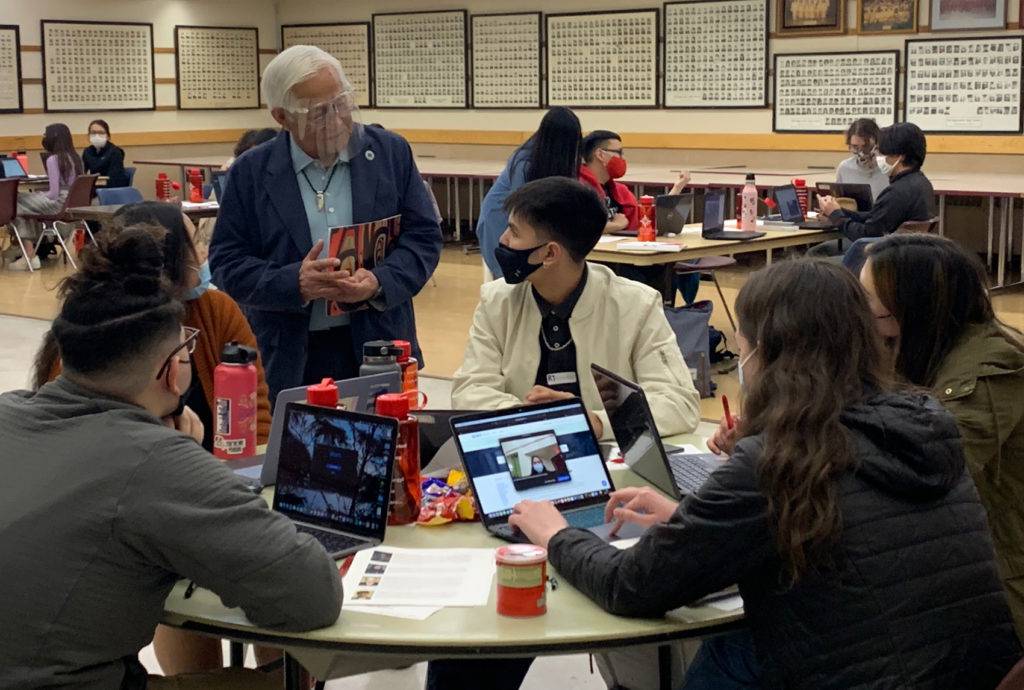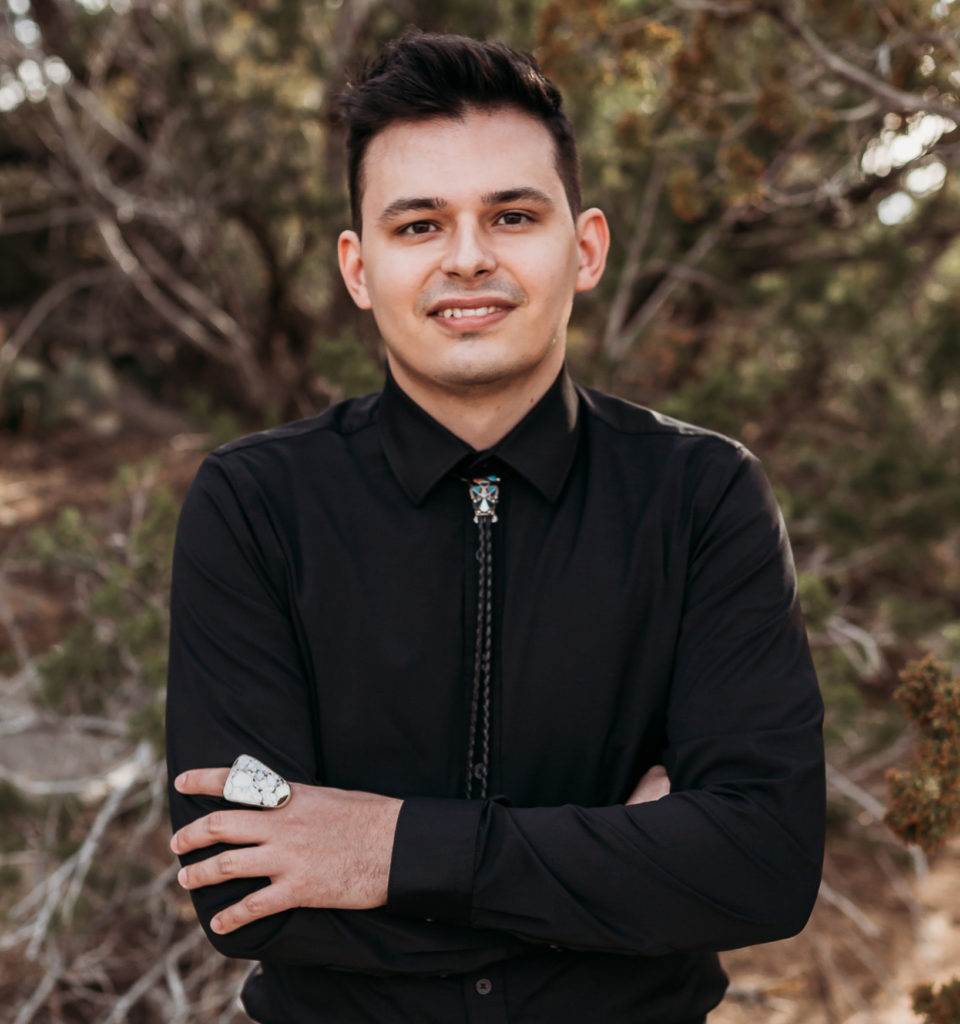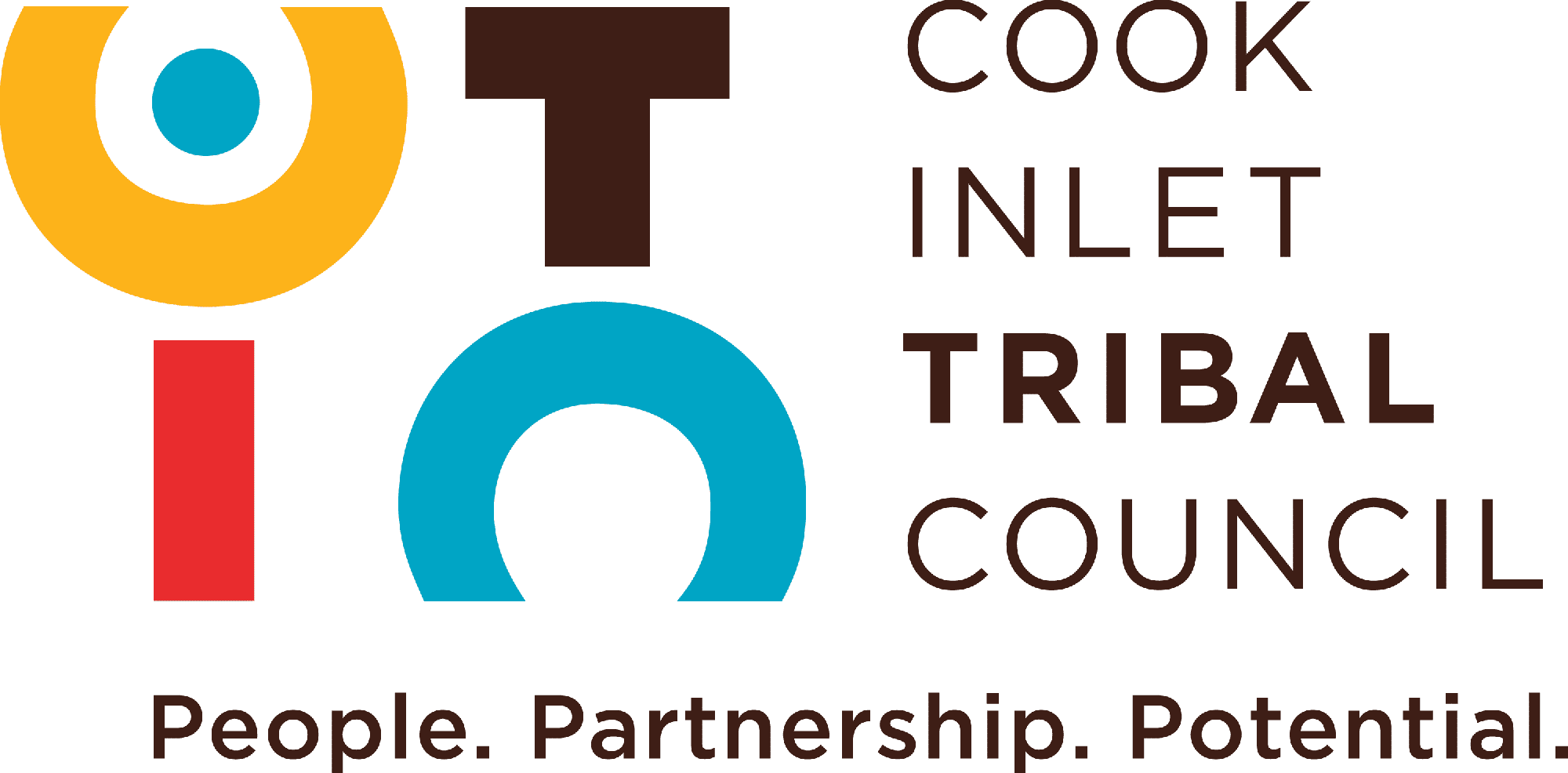05 Dec Voices for Justice: Growing Native Leaders in the Field of Law
With new opportunities for law clerks and fellows, ANJC is equipping young legal minds with knowledge and experience in Native law

Alaska doesn’t have a law school. Recruiting attorneys from the Lower 48 is difficult, and finding attorneys with experience in Alaska Native law is even harder.
But the Alaska Native Justice Center (ANJC) has a strategy to change that. With its new Native Law Clerkship and Fellowship programs, the organization is giving law students and recent law school graduates hands-on experience working in the field of Native law—and helping to create a cohort of Native legal professionals who can serve their communities across the country.
Learning about Alaska Native Tribes
Robert Waldroup didn’t expect to find himself in Alaska following the completion of his law degree at the University of New Mexico (UNM). He grew up in western North Carolina on the Qualla Boundary reservation of the Eastern Band of Cherokee Indians. As a law student, he enrolled in UNM’s Indian Law Program and served as a editor in chief of the Tribal Law Journal.
When he accepted two scholarly articles on Alaska tribes—a topic the journal had never addressed before—Rob was inspired to learn more about Alaska Native law.
“There are a lot of misconceptions about Alaska Native Tribes versus tribes in the Lower 48,” he explained. “Understanding that difference is really what I wanted to get out of this experience to take back to the Lower 48.”

Practical Application
Rob served as ANJC’s first law clerk while he completed his degree. This August, he began his fellowship, focusing on direct client services and tribal justice support.
As a law fellow, Rob provides technical assistance and training to Alaska Native Tribes and directly serves ANJC clients seeking legal advice. ANJC’s Indian Child Welfare Act (ICWA) and Family Law attorneys frequently invite Rob to sit in on family law cases and cases that pertain to ICWA or Child in Need of Aid matters in state court. He has also observed Tribal and state court proceedings on domestic violence and protective orders involving Indigenous people.
“It’s one thing to read about the law and study it in school. But that doesn’t really teach you to be an attorney. I have learned so much just listening in on these proceedings and seeing the actual, practical application of the law,” Rob said.
Increasing Native Representation
Rob is also helping organize the 2023 Color of Justice event, an annual gathering of Alaska high schoolers that encourages them to explore careers in the legal profession.
“It’s really important that young people see themselves in these professions—that someone who looks like them is there, telling them, You can do this job,” Rob said.
Both Color of Justice and the Law Fellowship aim to increase representation and visibility of Native people in the legal field.
ANJC Senior Legal and Policy Director Alex Cleghorn said the goal is to create a “pipeline” of lawyers who understand Native-specific issues.
“The more lawyers we have who understand the unique complexities of Native law, the more we can help ensure Native people are treated with equality in our legal system,” said Alex.
In that spirit, ANJC also hosted the first-ever Native Law and Culture Day in June this year. Each year, law clerks travel to Alaska for a summer clerkship, but most are not exposed to Alaska Native history and culture. The goal of ANJC’s Native Law and Culture Day is to immerse law clerks in the unique legal landscape affecting Alaska’s people and tribes and to develop Native law leaders who can advocate for justice for Native people.
“We can’t hire every law clerk who comes to Alaska—but we can do our part to make sure that every one of them walks away with a good base of understanding of our distinctive legal issues,” said Alex.
Next year, ANJC hopes to expand its reach by inviting the Arizona State University Indian Law Program to spend its annual on-site student learning experience in Alaska. ANJC expects 20 law students, faculty, and alumni to visit for a week in March, gaining experience in the unique legal and geographic landscape of Alaska.
Paying it forward
“Looking forward, I think doing this work will allow me to have a great foundation starting my career,” Rob reflected about his time as a law fellow with ANJC. “The knowledge I’ve gained here will serve me well.”
When his fellowship concludes, he plans to seek out work with a similar nonprofit organization or with a Tribal government as house council. He especially enjoys supporting Tribal courts and encouraging them to exercise their sovereignty.
Regardless of what he does, he will start his career equipped with knowledge and experience in Alaska Native law he could not have otherwise developed—knowledge that he can use to encourage others and effect change.
“Opening doors and inspiring others is really what I aim to do in my career to inspire others to enter the legal profession—because it is a profession where you can invoke changes within the lives of Indigenous people,” Rob said.
To learn more about ANJC’s legal services, visit anjc.org. Programs like the Law Clerkship and Fellowship are made possible in part by funding raised through the annual Voices for Justice campaign. Donate here.



